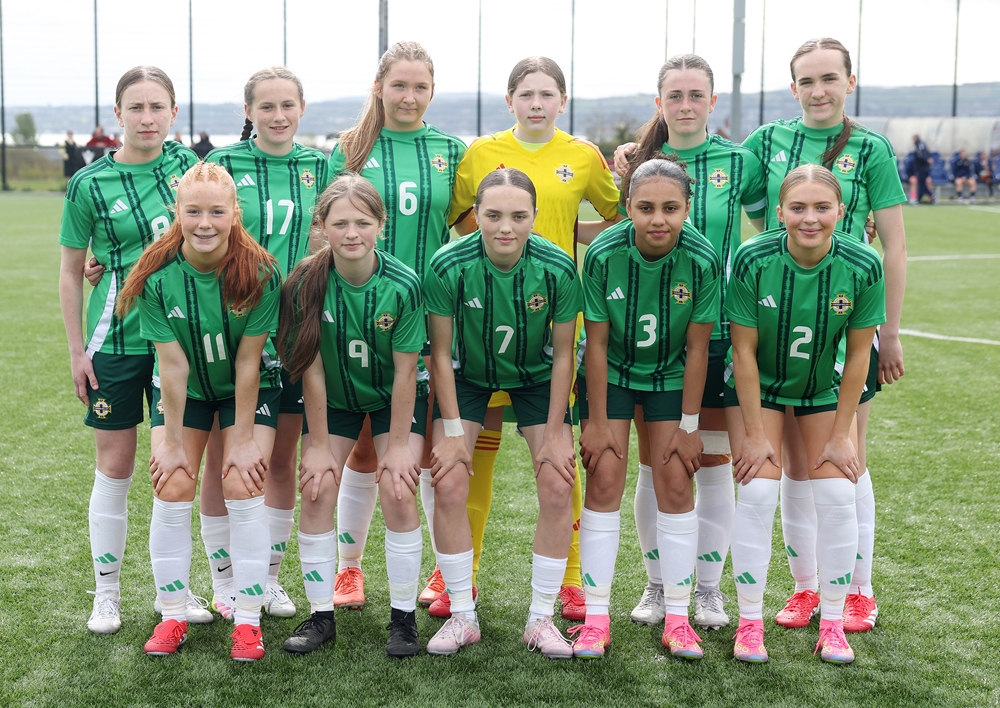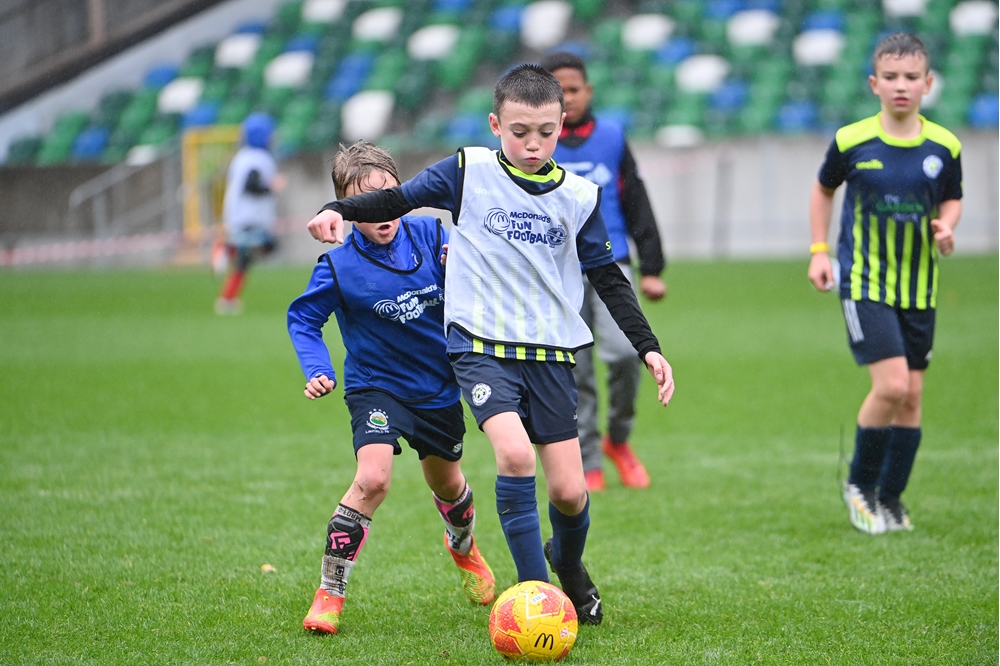
New research suggests that football can have a greater positive impact on the self-confidence of teenage girls than other popular sports.
The largest study of its kind was conducted by UEFA and an elite group of specialists to investigate the effect football has on the psychological and emotional state of girls and young women in Europe.
The research took into account the impact that football has on self-confidence, self-esteem, wellbeing, feelings of togetherness, motivation and life skills and compared those results to other popular sports. Data was collected from six countries: Denmark, England, Germany, Spain, Poland and Turkey.
As well as analysing existing research literature concerning the links between football and self-confidence, self-esteem, life skills and wellbeing, the study gathered data on 4,128 girls and young women aged 13 and over.
The research suggests that although women’s football is at different stages in its development across Europe, there are many similarities when it comes to its impact on self-confidence.
It found 80% of teenage girls felt more confident as a result of being part of their football team/club vs 74% who played other sports, while 58% of the 13–17 year-old female footballers questioned said they had overcome a lack of self-confidence as a result of playing football, compared with 51% of girls who play other sports.
Irish FA Chief Executive Patrick Nelson said: “The Association has for a number of years maintained a significant commitment to developing girls and women's football in Northern Ireland. We are not surprised by the findings of this UEFA research as anecdotal evidence shows teenage girls in Northern Ireland really come out of their shells when they get involved in football.”
UEFA’s women’s football advisor Nadine Kessler said: “This study shows that girls who play football have greater self-confidence than those who don’t play the game.
“I can’t emphasise enough how important this is when you are growing up. I am certain that we can change perceptions and make it cool for teenage girls to play football. If we manage to achieve this, we will be on our way to achieving our goal of making football the number one sport for girls around Europe.”
Since UEFA launched its Women’s Football Development Programme in 2010 the game has expanded at all levels across Europe.
With many of the 55 UEFA member associations investing more energy and resources into the game, elite women’s football has improved significantly.
This summer the UEFA Women’s EURO final tournament in the Netherlands will involve 16 teams for the first time. And in August Northern Ireland is hosting the UEFA Women’s U19 Championship where eight teams will be competing.
On 1 June UEFA will launch Together #WePlayStrong, a groundbreaking campaign aiming to make football the number one participation sport of girls and women in Europe by 2022.









